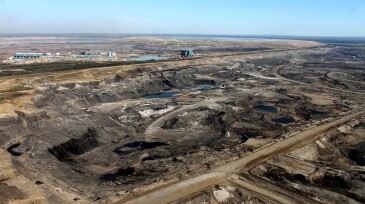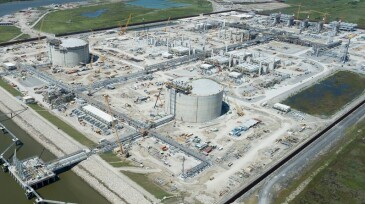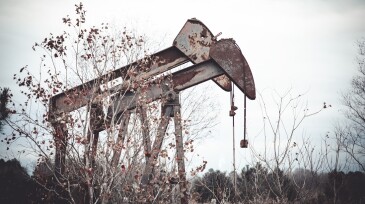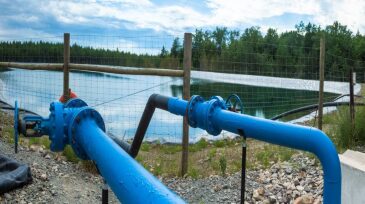Environment
The newly named MTS brings together the full methane ecosystem, end to end—connecting technology, data, operations, and assurance across upstream, midstream, and beyond.
This paper details a data-driven methodology applied in Indonesia to enhance flare-emission visibility and enable targeted reduction strategies by integrating real-time process data with engineering models.
This study presents the development of a biodegradable surfactant developed using principles of environmentally friendly chemistry from natural sources. The goal is to develop an effective and environmentally friendly surfactant that can emulsify and disperse oil to reduce its effects on marine environments.
-
The strategy is part of larger interagency effort to promote recovery of the North Atlantic right whale while responsibly developing offshore wind.
-
The authors of this paper investigate the application of two seismic monitoring methods in monitoring carbon leaks: full waveform inversion and reverse-time migration.
-
Two supermajors exit California, and the US put the brakes on permits to export LNG.
-
The Vineyard Wind 1 project came online on 2 January, while appeals in several lawsuits against it remain pending.
-
An innovative aircraft-based technique recorded carbon emissions not tracked before from the industrial region.
-
Republicans have been raising concerns for weeks about a possible administration clampdown on natural gas exports. Now that it’s official, expect the congressional pushback to intensify.
-
The Bureau of Land Management has released its final Eastern Colorado Resource Management Plan, which keeps most acres open to oil and gas leasing.
-
The funding comes from the Investing in America agenda with the goal of addressing legacy pollution.
-
Thailand’s national petroleum exploration and production company plans to team with Japanese oil and gas company INPEX to study the feasibility of a carbon storage hub in the northern Gulf of Thailand.
-
Researchers at Texas A&M University have developed a method of refining "liquid gold" for valuable critical minerals using what many consider traditional waste products: produced water and carbon dioxide.













